* UPDATED DECEMBER 15, 2010 - (Originally posted on November 29, 2009). Editor's note: The controversial best-selling biography, ""Ayn Rand and the World She Made
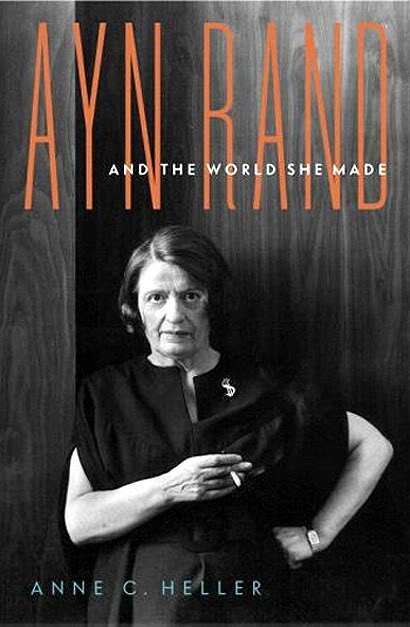
* On October, 27, 2009, publisher Nan A. Talese (an imprint of Random House) released Anne C. Heller's new book, "Ayn Rand and the World She Made" – about the life of Russian-American author Ayn Rand (1905-1982) – whose 1957 classic,
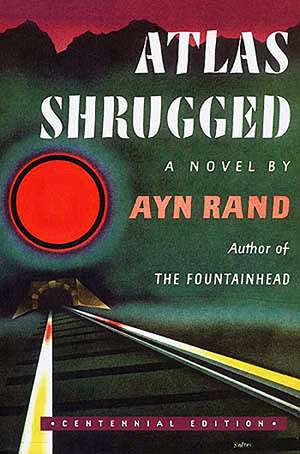
*
* Sound familiar?
* So who was Ayn Rand and why is she still relevant today?

* You don't have to be an Ayn Rand follower to get into Anne C. Heller's spectacular new book. You can even be a "cafeteria-fan" like I am - picking and choosing parts of her ideas that are compatible with your own – while still getting tremendous enjoyment reading about what made Rand a larger-than-life figure in American philosophy and literature.
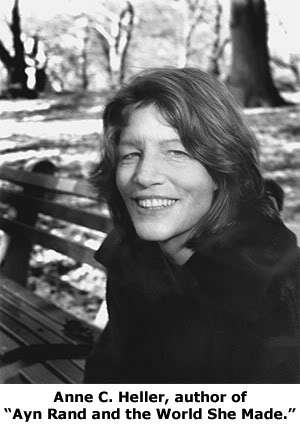

* Don't believe what others say. While it's obvious the author is NOT a Ayn Rand disciple - (which she tells readers up-front) – it's ALSO clear that she is NOT a comprehensive hater of Ayn Rand. Anne C. Heller's book reads like a journalistic strike down the middle of the plate, with no political agendas or axes to grind.
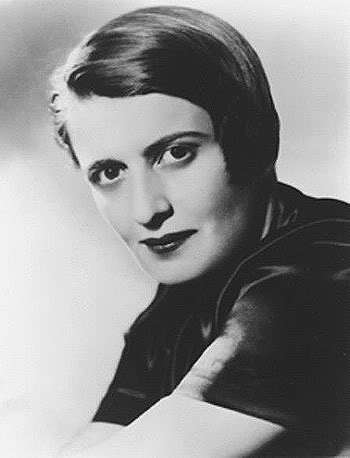
* Ayn Rand's published works are brilliantly controversial – but to many readers, they're also riddled with mind-numbingly dense passages that require a level of concentration so intense – that you feel like your head might explode. Heller tackles this problem by simplifying what's impenetrable – while opening a window onto what Rand was like - as a flesh-and-blood person. The author's work has a story-telling momentum that's unusual compared to other biographies – in that her obligatory chapters about Rand's childhood – aren't those that you'll want to "skip over."
* With the help of researchers digging through archives in Russia and throughout the United States, Anne C. Heller brings Ayn Rand's childhood and adult years excitingly to life – making more clear to mainstream readers why Rand's experiences were critically important to understanding how her ideas against socialism and collectivism were formed – and how she refined them over time. The author further illustrates how Rand integrated these ideas into all of her novels, particularly
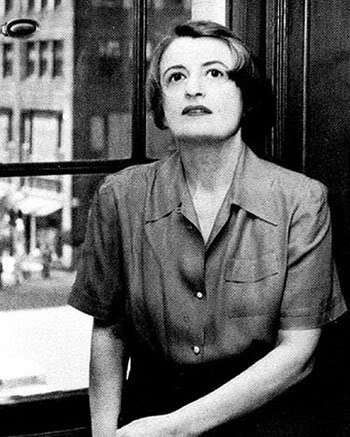
*
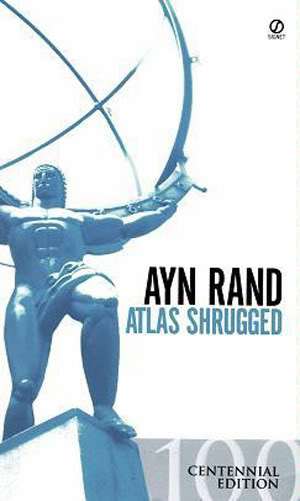
* Most reviews have been favorable. But while reading a few negative reviews, I detected an undercurrent of resistance to Ms. Heller's work from people, 1) who believe themselves to be more intellectually gifted than Heller to discuss Rand's life and work (hence are perhaps too biased), 2) who are horrified that lurid and less-than-flattering material about Rand's life is included (despite being too compelling to be ignored), 3) who are upset that they weren't contacted for inclusion – or if they were included – that their testimonies weren't published in full, 4) who take issue with the lack of cooperation from the Ayn Rand Institute and Leonard Peikoff, Rand's "intellectual heir," or 5) who hate Rand so much that they feel any book about her should be treated with contempt.
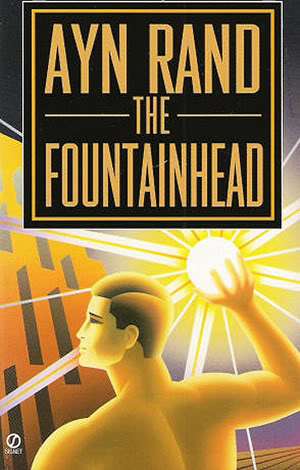
* In my view, these complaints are a by-product of Rand's fans or haters who are dissatisfied with the content and approach of Heller's book. Had the author included comprehensive interviews from peripheral supporters and detractors –

* The most important figures in Rand's inner circle are included in this book, e.g., those closest to Rand from the late 1930s to the late 1960s, arguably the most critical period of Ayn Rand's adult life. Hence as a reader, it's mildly bizarre to see people dismissing this book because it includes "ex-Rand-followers-who-left-the-fold," which infers their testimony carries no weight today. Nearly ALL the individuals interviewed by Heller – still express joy and sadness – while acknowledging their time with Ms. Rand was the most vigorously enriching and rewarding of their lives.
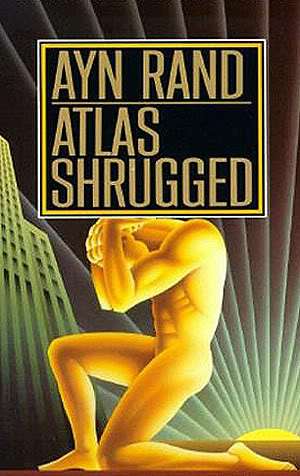
* Ayn Rand's key journal entries and letters have already been published worldwide and reside in several locations outside of the Ayn Rand Institute. Hence I don't believe there's much left waiting to be discovered that will be earth-shattering. Ms. Heller's success is consolidating Rand's ideas into a marvelously coherent single volume - and finding new, previously untapped sources to construct a more fully formed picture of Rand - that goes beyond what we already know.
* Leonard Peikoff's testimony from the Ayn Rand Institute, while useful had he agreed to cooperate - would have added little that's new – because he himself has already published numerous analyses about Rand's work. Peikoff's contributions to Rand's legacy HAVE been noted by Heller. But in fairness, Peikoff's testimony would have been only relevant, in my view, to those mainstream readers who would've wanted him to ADD to what Ms. Heller has already satisfactorily provided - about Ayn Rand's final months AFTER she stopped making public appearances - before eventually succumbing to cancer.
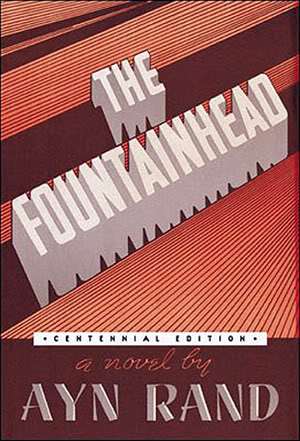
* In sum, this book is NOT aimed at Ayn Rand intellectuals, and this is NOT a criticism. (Though I believe they will still enjoy reading every page.)
(Original material © 2009-2012 by David Kusumoto Communications.)








It's neither, nor--not neither,or.There are other grammatical errors. How do you expect readers to take you seriously when you bruise your native tongue so badly?
ReplyDeleteI have no excuses, and several grammatical corrections have been made. My blog post was written in one-fell-swoop very early yesterday morning -- and while I was satisfied with its content -- I expected portions of it would be replete with sentences that should've been written more clearly. Thanks for the comment. - David Kusumoto
ReplyDeleteNicely done, David. This review should get more currency. I will let folks in the Randian orbit know about it. At the moment, the only quasi-official comments have come from Harry Binswanger, who has dismissed it.
ReplyDeleteYour point: "Ayn Rand and the World She Made" reads more credibly than all previous treatments of Rand's life to date" seems a little strange when you don't even cite any of the previoius biographies. I like Barbara branden's bio, and even though she was very close to Rand, she got most things very right. Other bios I have heard were pretty lame, but why don't you cite them?
ReplyDeleteTo FreedomWorks -- I did not cite other works for two reasons: 1) I did not want to throw those works under the bus in an explicit, "title-naming" way (because some are actually quite good), and 2) my blog post was intended to be a singular think piece without a bibliography as you'd "might" find in a published magazine article. I wanted to set-up the relevance of Heller's book, get into it and get out. Thanks for your comments.
ReplyDeleteThanks, William! I fully intended to aim my comments toward mainstream readers, NOT Rand scholars who would find my musings redundant, superfluous and naive. A Rand scholar, for example, would find my introductory paragraph about "Atlas Shrugged" to be strictly for the "uninitiated."
ReplyDeleteHowever, I'm curious about the origins of Harry Binswanger's antipathy toward this new book. If it had been published for scholars or issued by the Ayn Rand Institute, that'd be one thing. But this book by Heller, in my view, brings in new blood, e.g., readers who are just now learning about Rand and her relevance today. Thanks again!
Good post. It really is amazing how much of "Atlas Shrugged" is looking like true prophesy.
ReplyDeleteGot sent here by the networkblog app on facebook.
Hey Crawfish -- thanks for letting me know! Yes, when I read "Atlas Shrugged" this year it felt chillingly clairvoyant. Even if you reject its wooden and overly-heroic characters (actually, only John Galt speaks like a robot, whereby every one of his words sounds/feels like a pronouncement or a declaration) -- the ideas behind the innovators "going on strike" is incredibly intriguing.
ReplyDeleteEven though the application of "Atlas's" ideas is a hit-and-miss proposition, I can easily see why the book would appeal to people of all ages. Maybe not a masterpiece, but definitely an IMPORTANT work that cannot be dismissed simply because people are still talking about her so long after her death. Best, -d.
This is something I've really been looking for! I read "Atlas Shrugged" when I was about 14. I had a habit of sneaking books out of my parent's room, and this was one of them, along with "Tropic of Cancer!" (I had to use the dictionary to find out what a "bidet" was...)
ReplyDeleteAtlas was a bit over my head then, so this is perfect for me to reacquaint myself with her works. Thanks for the heads-u[!